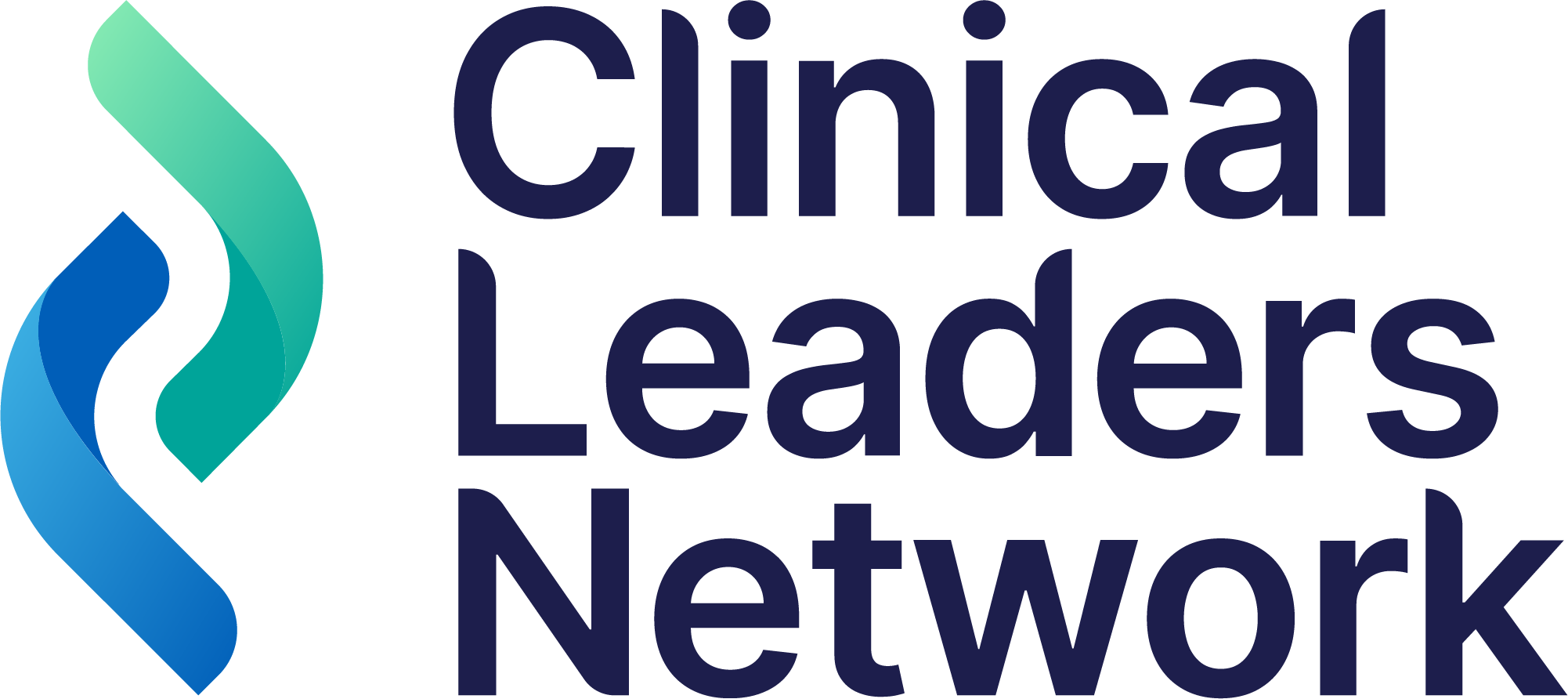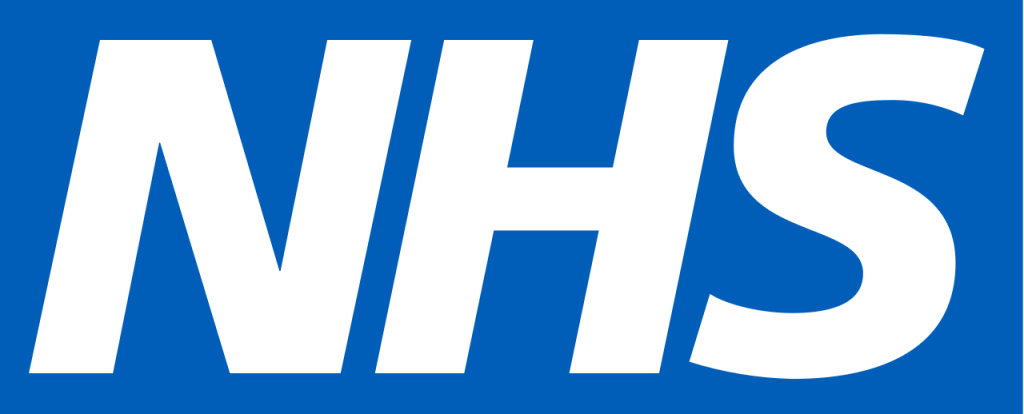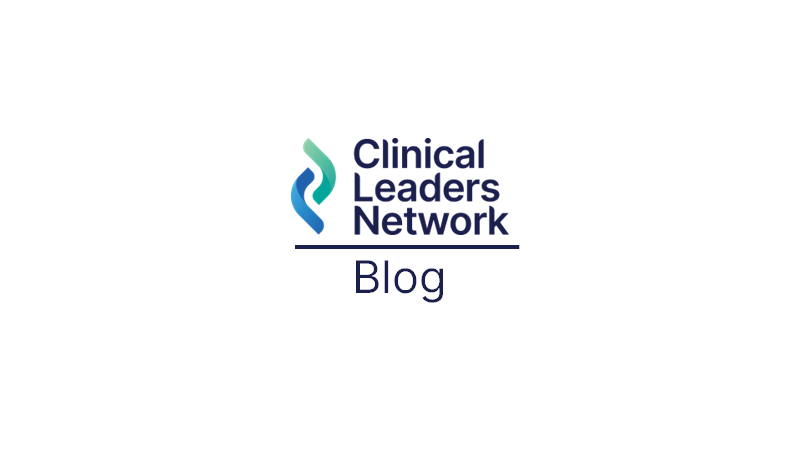
Dr Konstantinos Kamposioras, MD, MPH, PhD, FRCP
Consultant in Medical Oncology / The Christie NHS Foundation Trust
Colorectal cancer is one of the most common cancers and a leading cause of cancer-related deaths worldwide. Thanks to screening, rates in older adults have stabilised, but cases among younger people have surged; up 67% since 1975.
By 2030, one in ten colon cancers and one in four rectal cancers will affect those under 50. Here in the United Kingdom, the incidence of early-onset colorectal cancer has increased from 5.2% in 2013-14 to 6.8% in 2023.
Most early-onset colorectal cancer cases occur sporadically, meaning they don’t have a clear genetic link. While 40% of cases have a hereditary component, the majority seem to be driven by a combination of lifestyle and environmental factor, such as Obesity, processed foods, sugary drinks, lack of physical activity and Type 2 Diabetes, while there is an ongoing global research effort to better understand the phenomenon.
Socioeconomic deprivation adds another layer of complexity, with lower screening participation, later-stage diagnoses, and worse survival rates. People in deprived communities face a five-year survival rate of just 52%, compared to 70% in more affluent areas.
Unlike colorectal cancer in older adults, early-onset colorectal cancer often presents with more aggressive tumour characteristics, making early diagnosis even more critical. Yet many younger patients experience delays—41% wait more than six months before seeking medical attention, and 71% are diagnosed at stage three or four.
We simply cannot allow this situation to continue and there is a call for action.
So I, along with the NHS Clinical Leaders Network (CLN), am convening a panel of clinicians and public health specialists to address the diagnosis pathway at community level.
We believe that by bringing together a diverse group of clinical leaders, we can make a real difference in improving how we detect and treat early-onset colorectal cancer. The importance of the role of GPs and primary care cannot be overstated; but it is not just down to them. We need a team effort one that brings together experts from different areas of healthcare to create a smoother, faster diagnostic pathway.
We’re inviting GPs, Oncologists, Gastroenterologists, other clinical and research experts, cancer charities, public health and policy leaders to join us at our national panel later this year, convened by members of the NHS CLN.
If you’re a clinical leader who is passionate about improving early cancer detection and ensuring that no one is left behind, we need your voice in this conversation.
Together, we can close the gap between primary and secondary care, enhance early diagnosis, and improve outcomes for vulnerable communities. To add your voice and expertise to this vital effort, get in touch with the CLN and join our panel.


